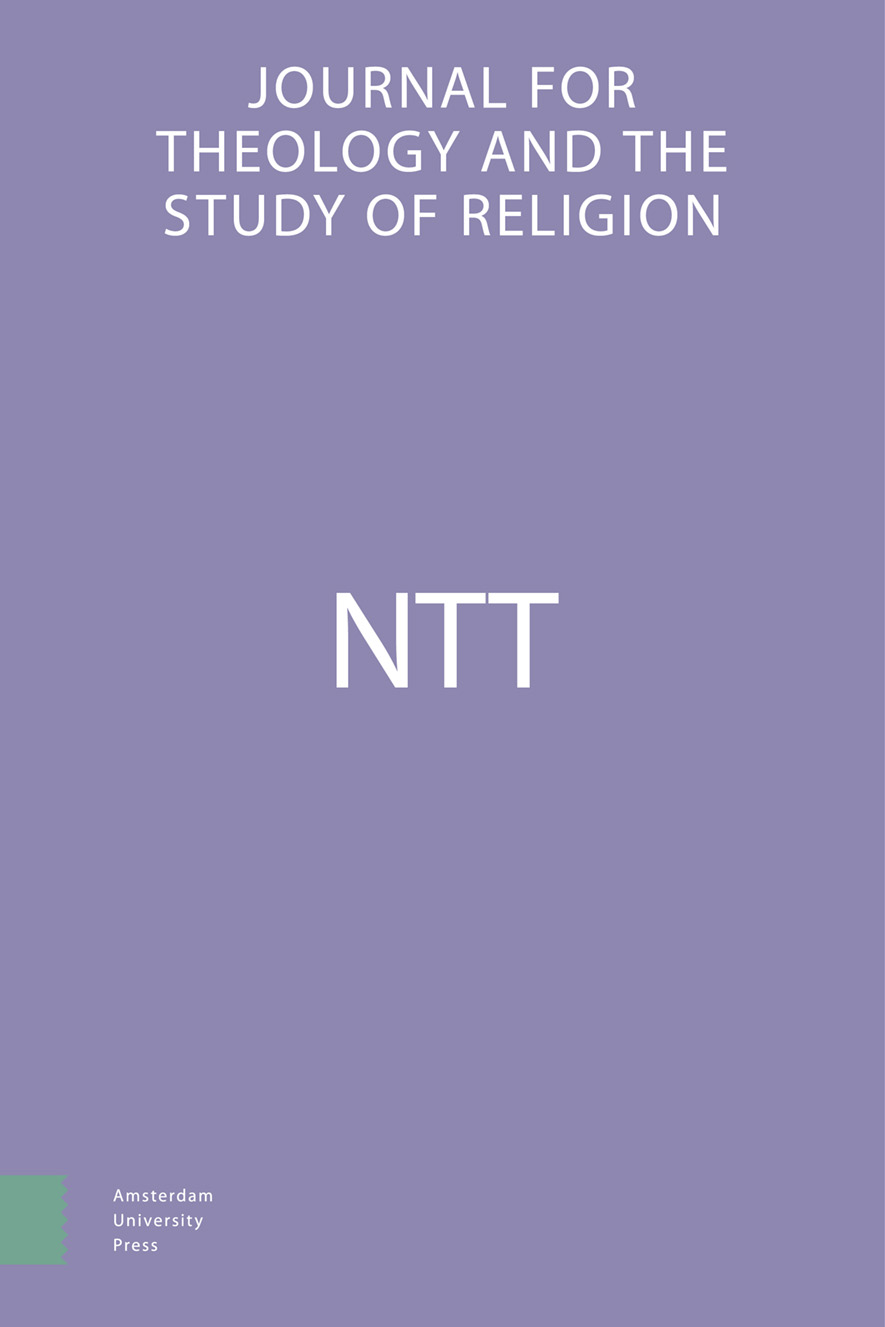-
oa De zwerftocht van een agrafon
Jezus en de dode hond
- Amsterdam University Press
- Source: NTT Journal for Theology and the Study of Religion, Volume 72, Issue 4, Dec 2018, p. 281 - 299
- Previous Article
- Table of Contents
- Next Article
Abstract
In his collection Oostersch: Verzen naar Perzische en Arabische dichters (‘Oriental: Verses after Persian and Arabic poets’), published in 1924, the Dutch poet J.H Leopold (1865-1925) included his poem ‘Jezus, die door de wereld ging’ (‘Jesus, who went through the world’). It ends with an agraphon, or saying, ascribed to Jesus but not recorded in any of the biblical gospels. The standard edition notes that the poem can be traced back, via successive translations, to a verse by the Persian poet Nezâmi (ca. 1200). This contribution shows that the agraphon is widespread in Persian literature and that it in all likelihood finds its origin in the eighth or ninth century in a Sufi milieu. The poem surfaces as early as 900 in Hindu India and in a Jewish context in Spain before 1200. So, agrapha can throw light on interreligious text exchange in the Middle Ages. More recently, in 1941 the Greek poet Sikelianos rewrote the poem in view of his situation in Athens. The composer Tavener has adapted the text for his composition Agraphon (2001).


